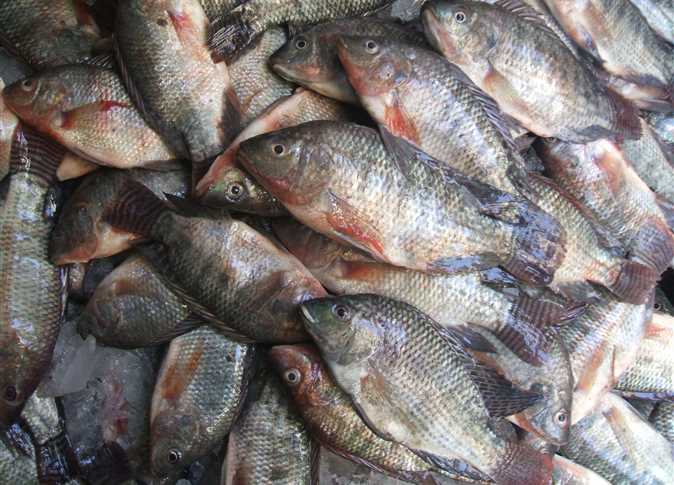The Cretan diet is recognized as a foundation for our modern healthy diet. Despite westernization, in many Greek villages the local traditional diet is still followed.
During a Greek event at Ramses Hilton hotel, Greek cultural counselor Marilena Griva explained the history and basic rules of the Cretan diet and its benefits. She said the diet dates back hundreds of years.
In the sixties, Ancel Keys, an American nutritionist, began research the relationships between different eating patterns and their impacts on health.
"The study was entitled 'Seven Countries' and examined 13,000 people between the ages of 45 to 59 years from Greece, Fyrom, Netherlands, Finland, the US and Japan,” said Griva.
After 20 years of research, Keys was the first to prove that people with high saturated fat consumption have the highest rate of heart disease. He found that cholesterol levels help indicate the likelihood of contracting cardiovascular diseases.
The statistics revealed that in Finland people suffered the highest heart attack rate, while Greeks enjoyed the healthiest hearts, followed by Japanese. "Heart healthy" eating patterns were why both Greeks and Japanese are less vulnerable to coronary deaths. The study is now touted as the basis of a beneficial, healthy diet recommended worldwide by doctors and nutritionists for maintaining excellent health, avoiding heart attacks and losing weight.
Griva listed the basic ingredients of the Cretan diet:
Olive oil is the backbone of the Cretan diet, as the healthiest source of fat. Its fatty acids have little or no negative effects because its high content of omega 9 oil is monounsaturated. It also helps to maintain a normal cholesterol level, which combats heart diseases.
Meat sources should include free-range poultry, baby goat or lamb. No fried food, as it is the main cause of high cholesterol rate and accumulated body fats. Go for grilled.
Fish and seafood are indispensable. Both are major protein sources, as are snails, which contain minerals and other nutritional benefits.
Maximize your consumption of legumes, including beans, lentils and favas, protein sources rich in amino acids. Legumes' copper, magnesium and iron content are also essential for good health.
Eating wild greens (horta) raw or boiled is a long-lived tradition in Greece. Wild greens contain antioxidants and vitamins that help protect you from serious illnesses.
Vegetables contain fibers, vitamins and fatty acid. They are also necessary for enhancing metabolism and promoting good digestion.
Fruit is a diet staple for Cretans.
Avoid desserts with high sugar or saturated fat. Honey is the best substitute to sugar.
Drink milk and eat low-fat yogurt daily. Calcium, phosphorus, potassium and protein help build up the immune system.




